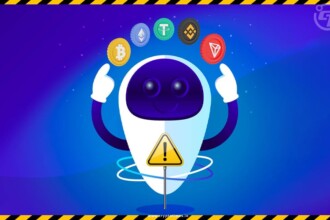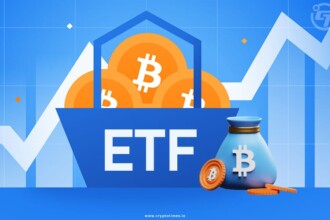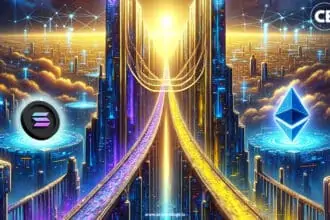The gaming industry has undergone radical changes in the past two decades with the advancements in information technology (IT) and the emergence of a massive gaming economy worth billions of dollars. Now with the introduction of blockchain technology, the gaming sector has expanded to DeFi spaces as well as users are increasingly finding blockchain games to be highly addictive.
The concept of blockchain gaming has become extremely popular due to its ability to create actual in-game ownership, democratize game development, create interoperable assets, and, most importantly, unlock new income streams.
While early blockchain games involved players earning in-game assets, which can be traded for some tokens, the new entrants in blockchain gaming have gone a step further by introducing clicker-based games on the Telegram messenger app which include the likes of TapSwap, Memefi, Hamster, PixelTap, Bull Run-MineBull among others.
In this article, we will discuss the ways in which blockchain technology is completely revolutionizing the gaming industry.
Five Ways Blockchain Is Changing the Gaming Industry
1. Tap-to-Earn Gameplay
The new blockchain games are based on a free-to-play basis and users can earn token rewards by simply tapping a coin or icon on their phone screen to earn points. The games also include other novel features, such as mining and other tasks with upgrades and customization. Several games also incorporate chores from associated games and projects to attract users by offering lucrative rewards.
2. Play-to-Earn Gameplay
In blockchain games, the gameplay has shifted of late, from an all out earn strategy to “play to earn” strategy where the main focus is on immersive gameplay. Users are given several tasks as part of the game with lucrative token rewards.
The future of play-and-earn is what you might imagine when you defeat dragons and take home valuable loot with actual value.
3. Power of Community Governance Through DAOs
In blockchain games, playing communities have a say in how the game is developed and they can engage in decision making processes within the game through decentralised autonomous organisations (DAOs) This decentralisation of power through democratic medium is a unique aspect to blockchain games.Such a democratic set up increases user participation and sets up an engaging, free market competition.
4. Participant Ownership
In blockchain games, players are now given genuine ownership of in-game assets (NFTs), which is an upgrade to usual in-game accessories and assets. Such incentives attract more users from the DeFi landscape to blockchain games.
5. Combating Counterfeit Content and Fraud
Blockchain is a barrier against content fraud and counterfeiting in the gaming industry. Blockchain presents a strong answer, as more than 45% of users express concerns over the security of online transactions. According to data, there has been a 50% decrease in fraud involving the selling of accounts and in-game stuff since immutable ledgers were implemented.
For instance, leading international video game developer Ubisoft declared in 2023 that it will use blockchain technology to stop content theft. The business created a blockchain-based platform that lets users confirm the legitimacy of digital material, including games, DLCs, and in-game goods.
Conclusion
The innovative features offered by blockchain games not only enhance player experience but also address longstanding issues such as fraud and content theft in online gaming industry.. As we move further into 2024, the integration of blockchain in gaming continues to democratize game development, create new income streams, and foster more immersive and secure gaming environments. As blockchain technology matures, it promises to further revolutionize the gaming industry, potentially redefining the relationship between players, developers, and virtual economies.
Must Reads:







